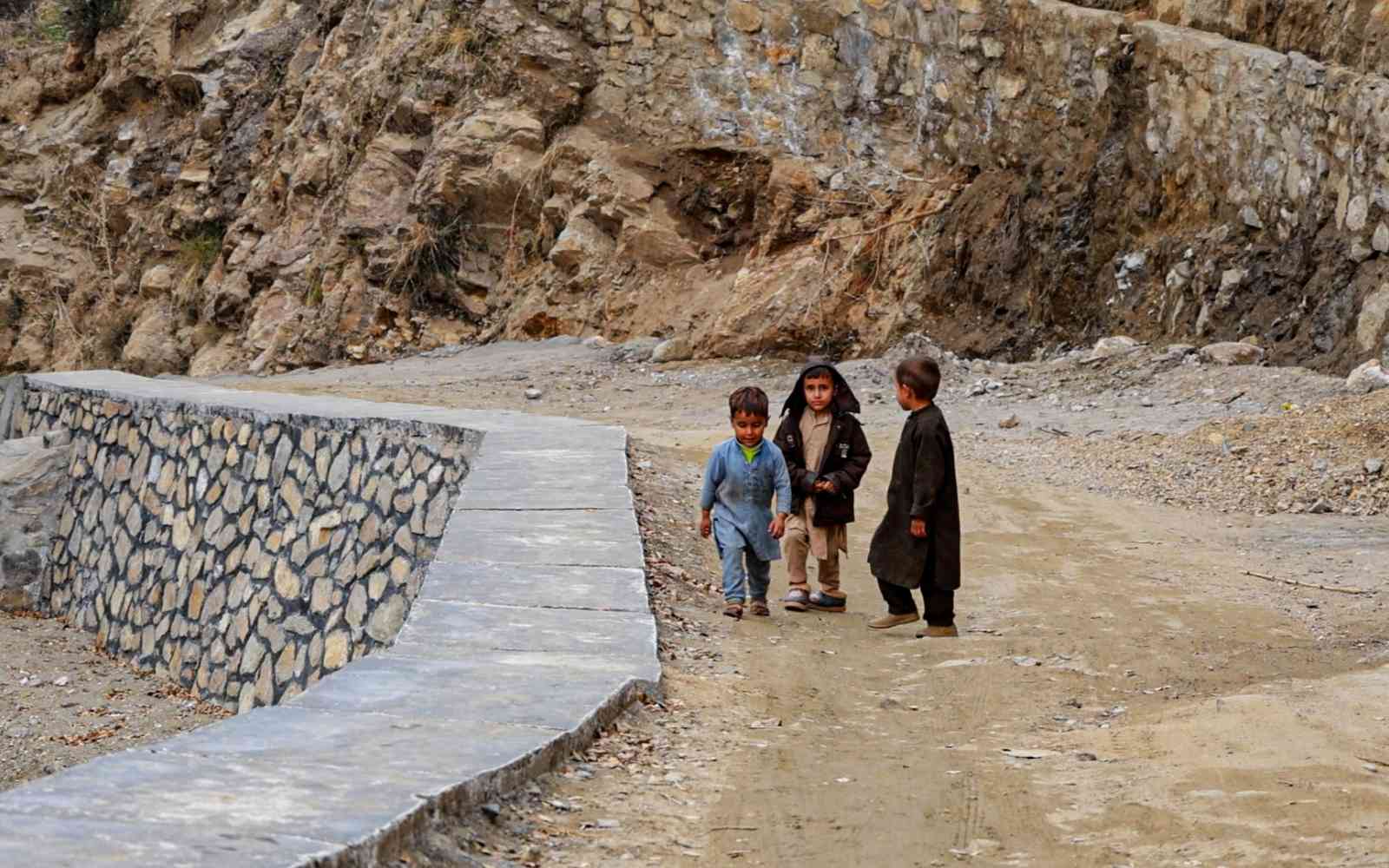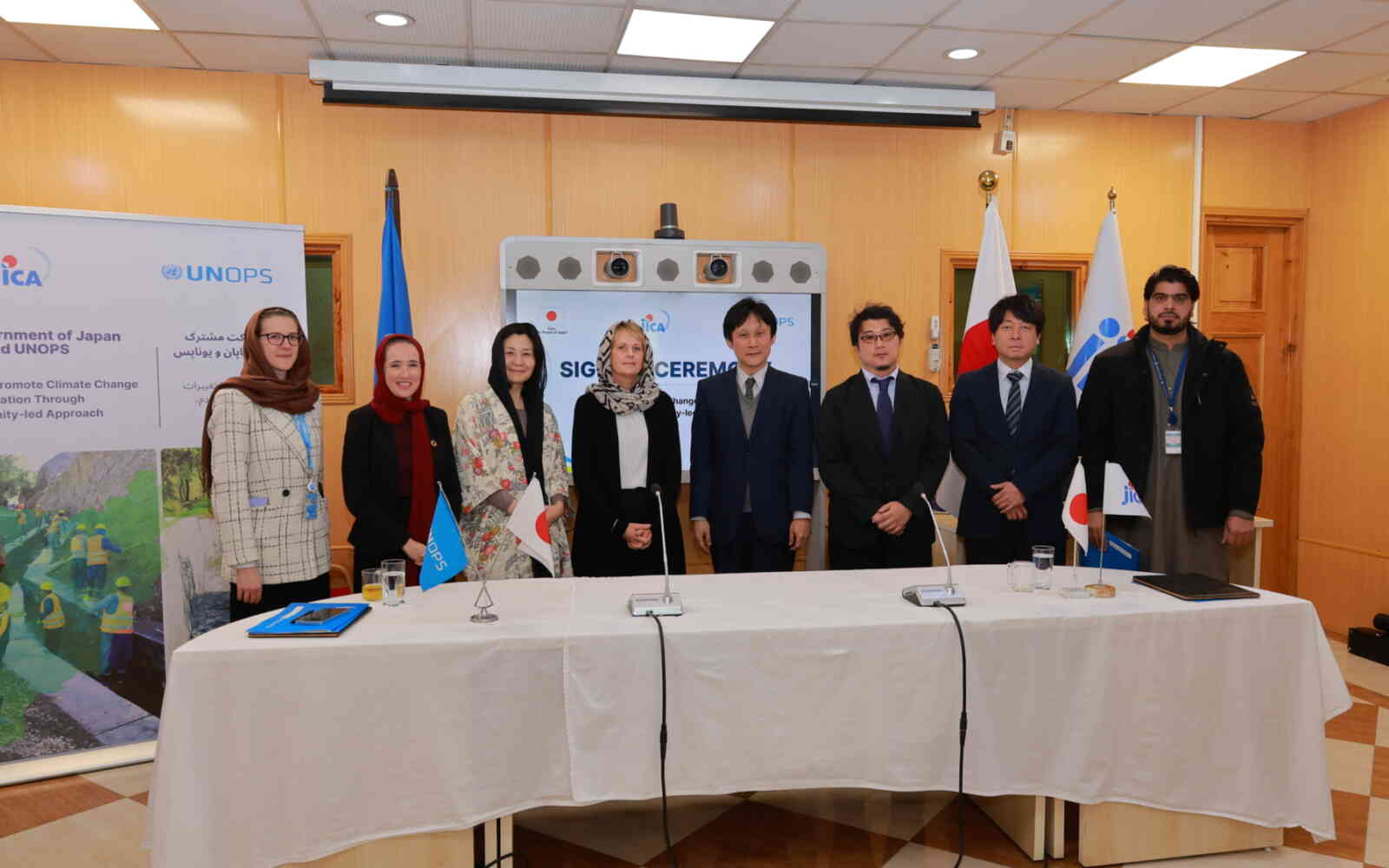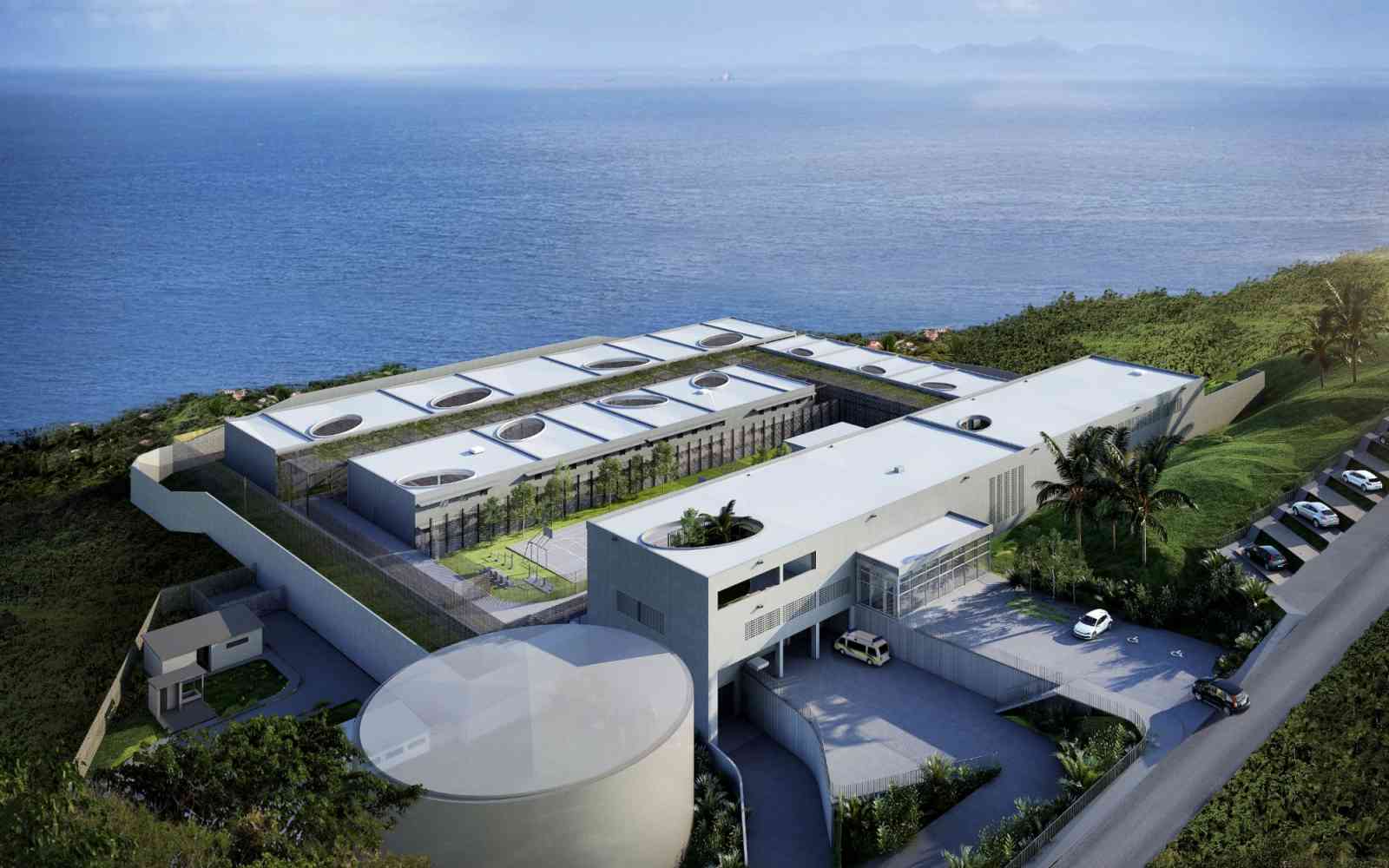The United Nations Office for Project Services (UNOPS)
Accelerating climate action through good governance
Keynote speech by Grete Faremo, Under-Secretary-General and Executive Director of UNOPS at the 2019 C40 World Mayors Summit, Copenhagen, 10 October 2019
[Check against delivery]
Good afternoon
It is a pleasure to be here with you all to address the importance of good governance to fight climate change.
The role that our cities – and their infrastructure – can play in our efforts to tackle climate change is critical.
Last year, UNOPS and University of Oxford carried out research that found that quality infrastructure influences 92 per cent of all targets across the 17 Sustainable Development Goals.
Cities, as you all know, present both a challenge and an opportunity for climate action.
They house large populations, with concentrations of poor, and marginalized groups.
Many are located in coastal areas, exposed to increased risk from rising sea levels.
And because cities are hubs of government, commerce, transportation and culture, they use a large proportion of the world’s energy supply, and produce most of our greenhouse gas emissions.
You will be familiar with the scale of this challenge:
- Over half of the world’s population now live in cities
- By 2050, that number is projected to reach almost 70 per cent
- Close to 90 per cent of this increase will take place in Asia and Africa
As things stand now, our cities are ill-equipped to cope with a changing climate. Many lack infrastructure designed to withstand the impacts of the climate crisis.
The organization that I lead, UNOPS, has a mandate in the UN for infrastructure.
We build roads, we build homes. We build hospitals and schools. We build water and waste management plants – which also address the primary sources of plastic and pollution reaching our oceans.
But first and foremost – we engage with our partners and relevant stakeholders to better understand the needs, the challenges, to provide the best solutions.
Our joint choices now will determine how sustainable, resilient, and inclusive our cities will be tomorrow. We all have a unique opportunity to make the right decisions to create cities that work for all, now and in the future. We also know decisions made now, will lock in development cycles, both positively and negatively. Urban infrastructure is built to last. If we build without considering the needs of the most vulnerable, we perpetuate inequalities.
Good governance is about how to make those decisions – who makes those decisions and how those decisions are implemented.
At UNOPS our approach is ensuring that all views are represented, to secure inclusion of the most vulnerable. It means being transparent about the processes and practices applied, so that corruption is minimized and public resources are used efficiently and effectively.
Importantly, good governance means responding to the present and future needs of societies, including the threats from a changing climate and more extreme natural events.
You are all here because you are committed to making your cities more sustainable and inclusive. Quality urban infrastructure is key to achieving this.
It connects populations with education and job opportunities. It drives economic growth and can help reduce income inequality. For example, in Buenos Aires and Bogotá over many years, we have been working home by home, upgrading and rebuilding homes as part of nationwide social housing projects.
We factor in people's individual needs, and by working directly with families and communities, infrastructure becomes the trigger for social development and self-growth.
We have upgraded homes across Haiti, Colombia and Argentina using this community-led infrastructure model; training and building the skills of communities as we go, investing in clean water and homes to reduce poverty and hunger.
Another example is from South Sudan, where as part of school building projects, we work with community leaders, reassuring fathers of the safety of their daughters, factoring cultural sensitivities into the infrastructure designs, and building safe toilets and bathrooms to encourage girls to attend.
At UNOPS, we also have a mandate for procurement.
In Mexico City, UNOPS supports the City government to procure electric buses for a greener future.
Through efficient and transparent purchasing, we helped the City government to improve public transport at very favorable prices while reducing the city’s emissions.
The solution underpins the creation of a more sustainable, green city – it helps drive green economic growth.
Scale matters in cities.
Providing affordable social housing to a fast growing population is a crucial step in reducing urban inequality and fostering productive, sustainable communities.
A key focus of the UNOPS Social Impact Investing Initiative is to provide affordable housing to low and middle income families mainly in bigger cities. UNOPS has taken a catalytic role. We also invested some of our own reserves to demonstrate we are serious.
We bring private and public partners together with governments to build innovative solutions to development challenges at scale. Responsible private investors help generate social, environmental and economic impact while making a financial return.
As a result, in the Caribbean, Ghana, India, Kenya, Mexico and Pakistan, our projects mark the world’s single most ambitious affordable social housing project, building in the order of 850,000 new homes.
And they go beyond building houses: They mean building factories to provide the material for the construction of those homes. They mean thousands of local jobs. They mean the use of local supply chains, support for local contractors, and transfer of cutting-edge technologies.
And through the building of sustainable, climate-resilient homes, they mean creating an infrastructure that can cope with future climate threats.
Cities are a key part of the solution to our climate crisis. Infrastructure is key to the way that they can mitigate and adapt to an uncertain future.
We all must change. And good governance involves managing change effectively, and building consensus around it. And as the examples above show, sometimes going step by step is the most effective way of creating sustainable change.
Climate-conscious purchasing is a solid step in the right direction. For our collective efforts to be effective, our climate action needs to be aligned.
We need action now. It also means we need to share experiences, and learn from each other, in events like these.
So I look forward to productive discussions, on how we can make our cities work now, and for future generations.
Thank you.










